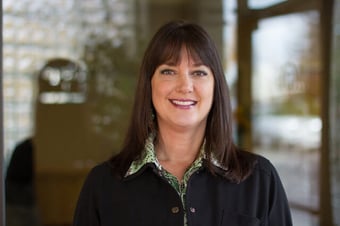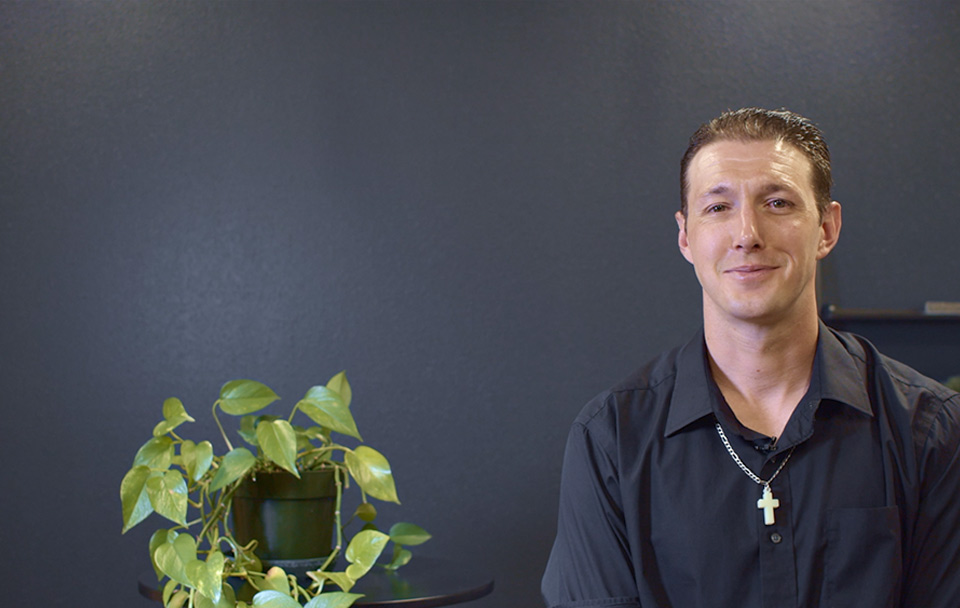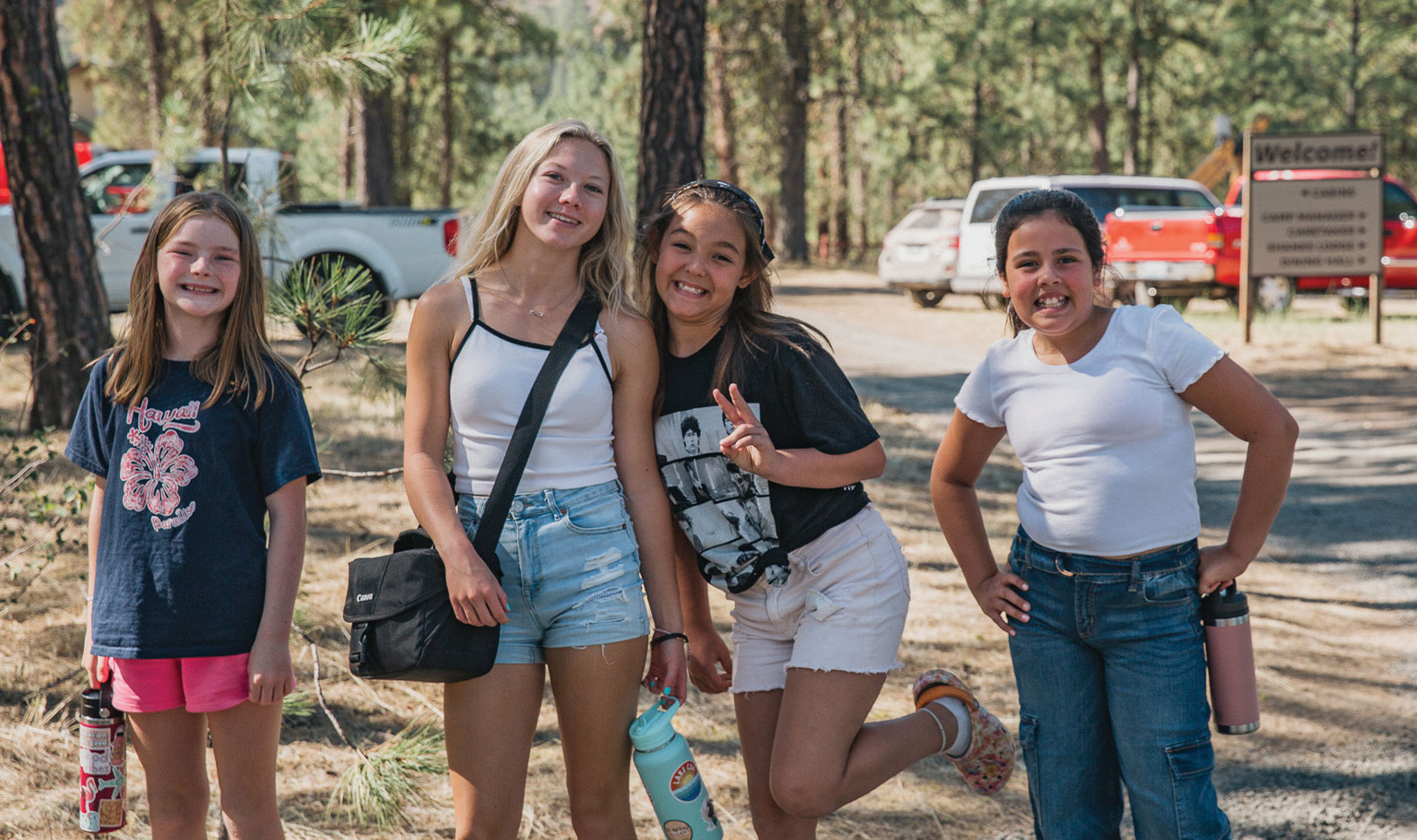2 min read
Gospel-Centered from the Start
“Let us hold unswervingly to the hope we profess, for He Who promised is faithful…Jesus Christ is the same yesterday, today, and forever.” (Hebrews...
In UGM Recovery, the men and women learn that setting boundaries is part of having truly loving relationships. In fact, what seems like a loving relationship can actually be unhealthy without the proper boundaries.
For this reason, individuals participating in UGM Recovery are asked not to engage in romantic relationships (aside from their marriages).
Below, Jina Doggett, director of Women’s Recovery at Anna Ogden Hall, explains this rule in further detail and shows that setting this boundary is a way UGM staff are loving residents well.
By Jina Doggett
Many of us are familiar with the terms “enabling” or “codependency” when it comes to relationships, especially in recovery. Enabling is taking away the naturally occurring negative consequences that result from delinquent behavior such as drinking or using drugs, thereby assisting the delinquent person in continuing his or her behaviors.
Some key characteristics of enabling are people-pleasing, people-protecting, black-and-white thinking, being afraid to say “no” or feeling guilty if you do, getting enmeshed emotionally, tolerating mistreatment, or making excuses for others’ behaviors. Most codependent people enable out of love and a desire to protect the dependent person from hurt or pain.
The Bible calls us to be interdependent, to be mutually responsible to each other while sharing a common set of principles. The Lord’s emphasis in dependency is on service, not on self. Christian interdependence is vital to the body of Christ. We are to love one another, avoid selfish ambition and exercise the gifts of God for the benefit of others. This is diametrically opposed to the selfishness, dishonesty, and destructiveness of codependency.
God’s wisdom in the Scriptures helps us to strengthen our boundaries and get free of codependency. Proverbs 19:19 speaks to rescuing others from pain due to their irresponsibility. “A hot-tempered person must pay the penalty; rescue them, and you will have to do it again.” Eugene H. Peterson describes it in The Message like this: “Let angry people endure the backlash of their own anger; if you try to make it better, you’ll only make it worse.”
God allows us to learn from the natural consequences of our behaviors, as evidenced by Galatians 6:7-8: “A man reaps what he sows. Whoever sows to please their flesh, from the flesh will reap destruction; whoever sows to please the Spirit, from the Spirit will reap eternal life.”
Jesus often set limits with needy people to spend time in prayer with his Father (Luke 5:15-16).
He also set limits with some people so he could minister to other people (Mark 1:35-38).
Jesus helped the over-burdened learn to carry their own load and hold their head high (Galatians 6:2-5).
He also charged that you must be your true self before you can deny it and give it away in love (Luke 9:23-25).
In the LIFE Recovery programs at Union Gospel Mission, we believe it is in the residents’ best interest for their recovery to focus on themselves, their relationship with Christ and other residents in the program while progressing through four phases of our five-phase program. This means that any current relationship outside of marriage will be put on hold or that they will not actively pursue a romantic relationship through phase four, lasting approximately 16 months.
Here is what we have learned over time:
 During the early years of recovery, the individual needs to make their sobriety a priority. Until an individual has managed to build a strong recovery, he or she will be vulnerable in a new relationship.
During the early years of recovery, the individual needs to make their sobriety a priority. Until an individual has managed to build a strong recovery, he or she will be vulnerable in a new relationship.
Beginning a relationship with another person who is also in recovery from addiction can be particularly problematic. One of the main worries is that if one of the individuals relapses it could encourage the other to do the same. It would be extremely difficult for a recovering addict to maintain a relationship with somebody who had relapsed, but ending the romance can be hard.
Another reason why romance between people in recovery tends to be frowned upon is that both people will be bringing a lot of baggage into the relationship. Thus, the relationship may be doomed from the start.
At Union Gospel Mission our core values ofGod-Dependence and Christlikeness must be coupled with our core value of Loving Relationships, not only for those we serve but for each one on staff. If we learn to be fully dependent on Christ and emulate Him in our actions, He will guide us through our interdependent relationships with others. We have His promise.

Jina Doggett is the Director of Women's Recovery at Anna Ogden Hall and is a state-certified Chemical Dependency Professional as well as a nationally certified Addiction Counselor. She has a heart for women struggling with addiction and desires to help them see themselves as Christ sees them.
Click below to download and print a special card you can send to show love to someone who needs it!
More posts on UGM's Core Values:

2 min read
“Let us hold unswervingly to the hope we profess, for He Who promised is faithful…Jesus Christ is the same yesterday, today, and forever.” (Hebrews...

9 min read
To celebrate 75 years of serving the Inland Northwest, we are spending the year remembering our history and the faithfulness that built us and...

2 min read
In 2026, Union Gospel Mission Inland Northwest is approaching our 75th Anniversary! This is a milestone that invites gratitude and reflection, and...

“I was King of the Park.” From one point of view, Nicholas Walker had everything you might want: Prestige, respect, and power in his community. Not...

The 2025 UGM Camp season is almost here, and we are excited to welcome children into an environment where they can find relationship with God and...

This post is the first in a 2-part series on relationship addiction by UGM LIFE Recovery Counselor Yvonne Wilhelm. How would you define relationship...